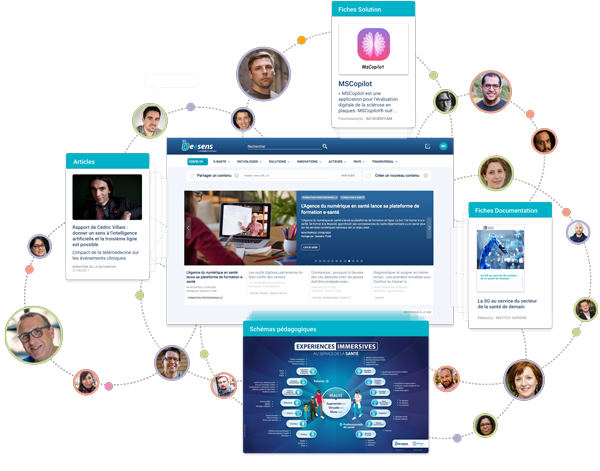"Women represent half of the planet’s population. Yet tech companies catering to their specific health needs represent a minute share of the global technology market.
In 2019, the “femtech” industry — software and technology companies addressing women’s biological needs — generated $820.6 million in global revenue and received $592 million in venture capital investment, according to PitchBook, a financial data and research company. That same year, the ride-sharing app Uber alone raised $8.1 billion in an initial public offering. The difference in scale is staggering, especially when women spend an estimated $500 billion a year on medical expenses, according to PitchBook.
Tapping into that spending power, a multitude of apps and tech companies have sprung up in the last decade to address women’s needs, including tracking menstruation and fertility, and offering solutions for pregnancy, breastfeeding and menopause. Medical startups also have stepped in to prevent or manage serious conditions such as cancer.
“The market potential is huge,” said Michelle Tempest, a partner at the London-based health care consultancy Candesic and a psychiatrist by training. “There’s definitely an increasing appetite for anything in the world which is technology, and a realization that female consumer power has arrived — and that it’s arrived in health care.”
She said one reason women-related needs had not been focused on in the field of technology was that life sciences research was overwhelmingly “tailored to the male body.” In 1977, the U.S. Food and Drug Administration excluded women of childbearing age from taking part in drug trials. Since then, women have been underrepresented in drug trials, Tempest said, because of a belief that fluctuations caused by menstrual cycles could affect trial results and also because if a woman got pregnant after taking a trial drug, the drug could affect the fetus. As a result, she noted, “we do lag behind men.”..."
Lire la suite
Is 'Femtech' The Next Big Thing In Health Care?
FORBESINDIA, 08/04/2021
Partagé par :
Beesens TEAM











